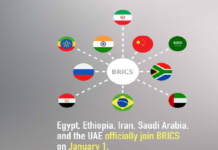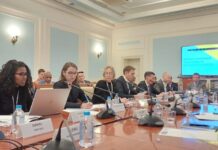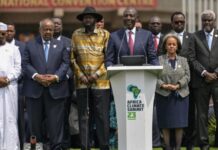According to Europa World, sub-Saharan Africa has been confronted by a number of serious energy challenges, mainly related to insufficient generation capacity and an over-reliance on fossil fuels. Due to the region’s small, fragmented energy markets, electrical supply systems struggle to find economies of scale, and electricity is thus expensive (although often heavily subsidised).
The region’s entire electric generation capacity (63 GW) is comparable to that of Spain. The region (excluding South Africa) has the world’s lowest per capita consumption of electricity at 150 kWh, compared with a world average of 3,133 kWh.
As Lord Peter Hain notes in a related article, in 2022, 600m people in Africa, or 43% of the continent, lacked access to electricity. However, Africa’s resource base and associated investments could help accelerate progress by developing diverse energy sources.
African solutions gain pace
Indeed, with so much media attention focused on Africa’s problems and needs, where are the solutions?
Industrialisation and economic development needs in regions like sub-Saharan Africa has meant that demand for infrastructure continues to gather pace while capital formation and mobilisation requires more innovation and collaboration – now – as identified by the Africa50 initiative, which is introducing cutting-edge financing techniques and encouraging blended finance initiatives, examples are:
- The landmark asset-recycling deal agreed with the Republic of Togo in July, which allows the small economies to find hacks to the tough capital raising conditions for African countries.
- The Africa50 Infrastructure Acceleration Fund (IAF), set up to catalyse investment flows into the development of critical infrastructure across the continent. This historic collaboration brings together a diverse group of influential stakeholders including sovereign wealth funds, development finance institutions, banks, pension funds, and asset managers.
Source: African Business














